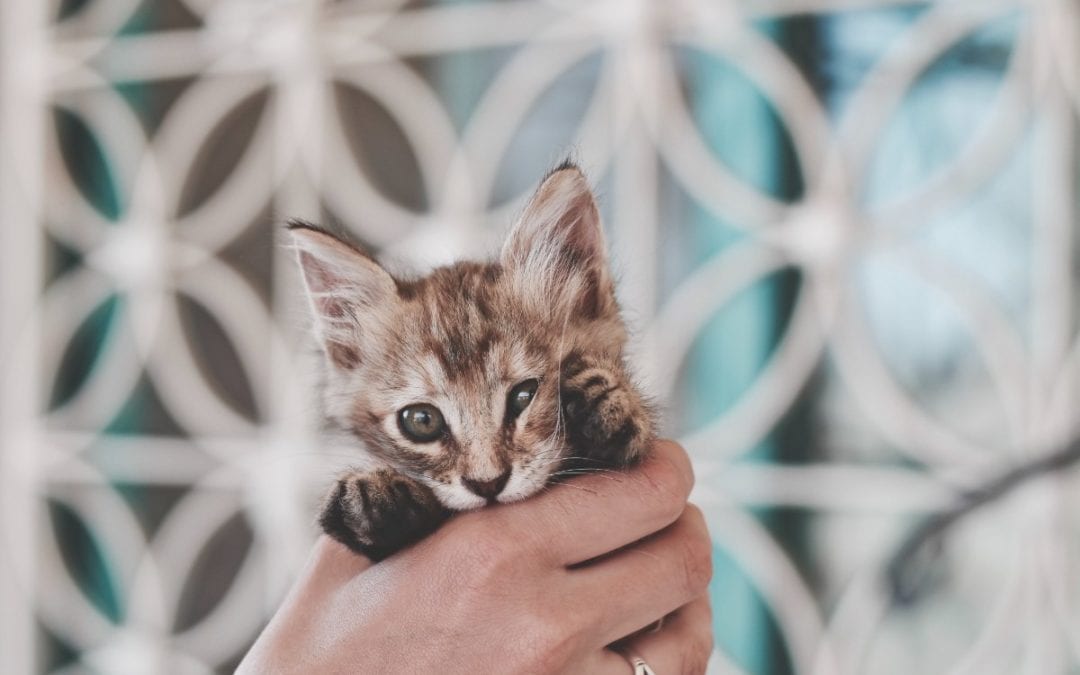Feline infectious peritonitis (FIP) is an incurable and almost always fatal viral infection that primarily affects cats under 2 years of age and over 10 years of age. It is caused by the feline infectious peritonitis virus (FIPV), which is believed to be a mutated form of the feline coronavirus (FCoV). Here, we’ll tell you everything you need to know about FIP and the best way to prevent it.
There are two types of FIP:
Wet/effusive — This occurs when fluid collects within an infected cat’s abdomen or around its heart. Cats with this form of FIP will usually only survive for a few days (although some may survive for up to several months).
Dry/non-effusive — There is little or no fluid accumulation, and the cat will suffer from organ or system failure. Cats with non-effusive FIP may live longer than cats with effusive FIP, but they will eventually succumb to the disease.
Diagnosing FIP
Signs of effusive FIP include:
- Persistent fever
- Lack of appetite
- Weight loss
- Diarrhea
- Abdominal swelling
- Accumulation of fluid in the chest cavity
- Difficulty breathing
- Lethargy
- Sneezing
Signs of non-effusive FIP include:
- Poor growth (in kittens)
- Anemia
- Jaundice
- Diarrhea
- Fever
- Depression
- Inflammation in the eye
- Neurological symptoms
Because FIP can mimic other diseases, it is difficult to diagnose (especially the non-effusive form). There is no FIP-specific blood test. There is a test that can determine if coronavirus antibodies are present, but it will not indicate the type of coronavirus or if it is the cause of your cat’s condition.
Often, an FIP diagnosis will be based on a deeper assessment of the cat’s symptoms so that other possibilities can be ruled out.
Preventing FIP
FIP occurs most commonly in households with multiple cats, animal shelters, and other places where there are large concentrations of cats. The virus is shed in an infected cat’s feces or saliva. A cat can become infected by coming into close contact with an infected cat or with objects in the environment that have been contaminated, like a litter box or food/water dish.
Infected mothers often pass the virus to their offspring between the ages of five and eight weeks because the kittens have then lost the temporary immunity provided to them by their mother.
Although a vaccine exists, it is not effective.
The best way to prevent FIP is to keep your cat indoors and away from any cat that has tested positive for feline coronavirus antibodies. For multi-cat households, keep food/water dishes and litter boxes meticulously clean using bleach and other disinfectants.
If you have questions about feline infectious peritonitis, call our office.


